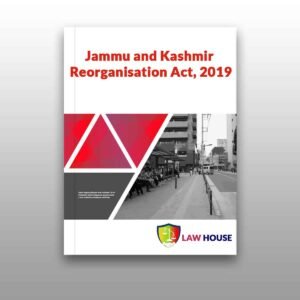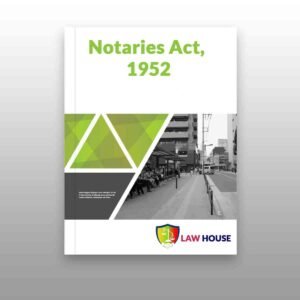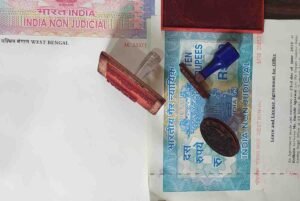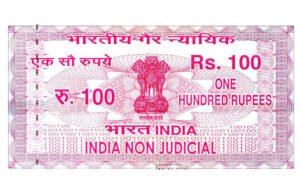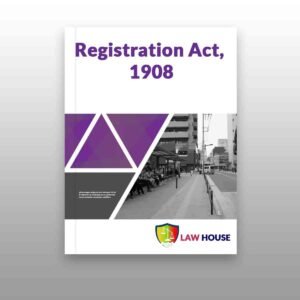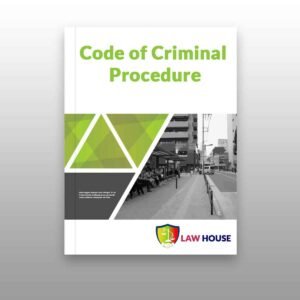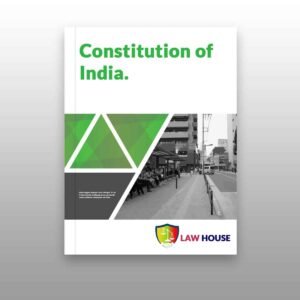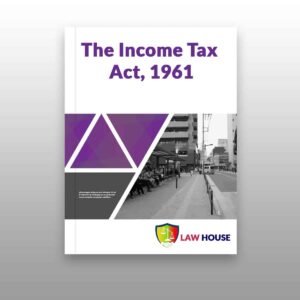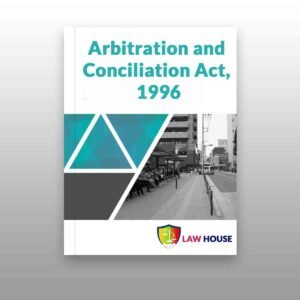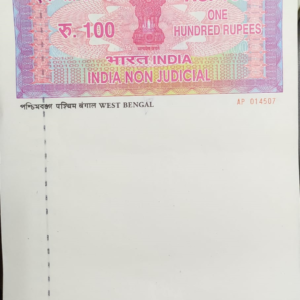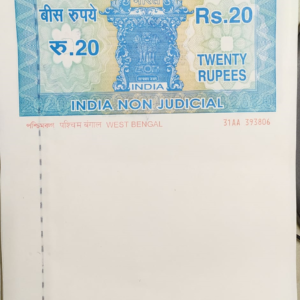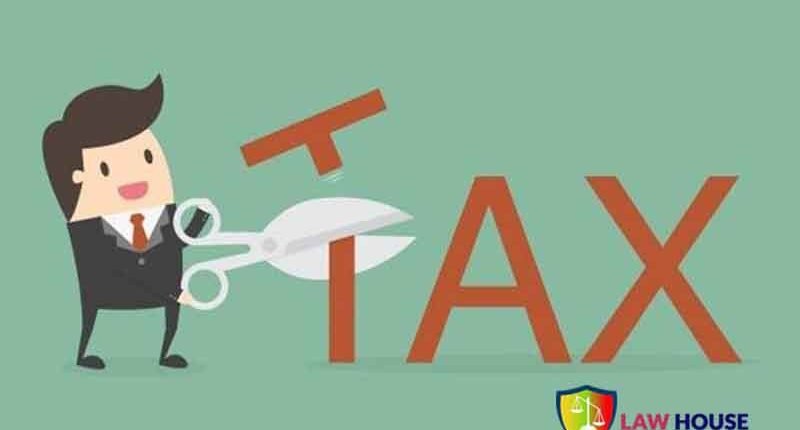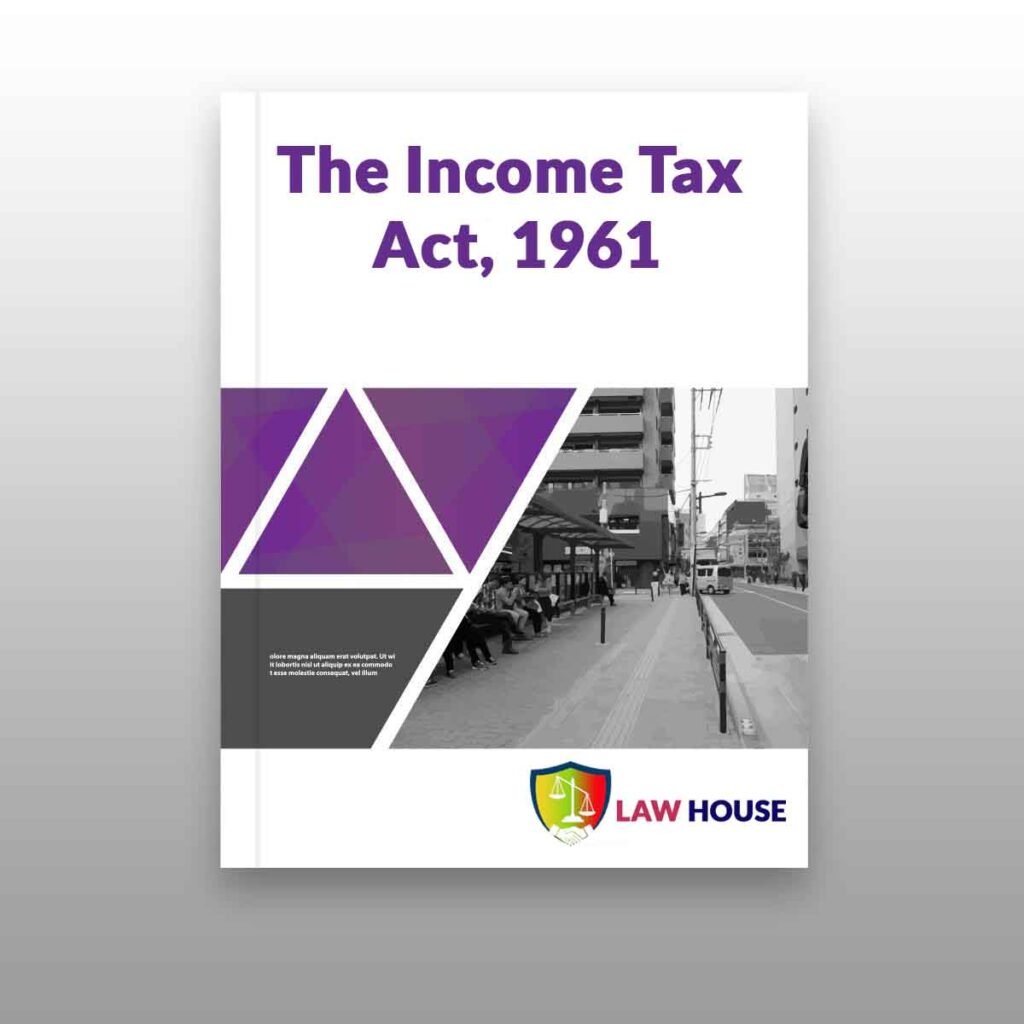What is Tax Evasion?
Tax evasion is an activity that aims to hide, understate, or falsely report income in order to reduce your tax liability. For example, not paying the tax or paying less than what is due is considered to be tax fraud. It is essentially the criminal act of a person or a company attempting to avoid paying their tax obligations. It includes concealing or fabricating income, falsifying deductions without proof. Another tax evasion example is failing to declare cash transactions, etc.
What is the difference between tax exemptions and evasions?
Tax exemption is a way to exempt tax in a legal way by Tax planning. It is an act of strategizing to use or invest your money in ways that can help reduce your tax burden. It helps you reduce the overall taxable income. However, tax evasion is a malafied practice of avoiding paying taxes.
| Tax Exemptions | Tax Evasions |
| Refers to expenditure, income, or investment on no tax is levied. | Refers to avoiding tax payments through illegal means or frauds. |
| Reduces the overall taxable income | Does not alter the taxable income |
| Undertaken by employing government provisions like HRA, LTA, VRS, etc. | Undertaken by using unfair means. |
| Helps taxpayers save their hard-earned money through lawful means | Helps taxpayers save their hard-earned money through unlawful, fraudulent means. |
| Leads to no penalties if done wisely and as per the available provisions | Leads to serious penalties and fines |
How do people evade tax?
Here are some examples by which people evade tax.
- Smuggling instead of paying state border tax, import tax, etc
- Maintaining fake financial statements
- Using fake documents for tax deductions
- Filing incorrect income tax returns
- Not showing any income
- Keeping money outside India
- Offering a bribe to an official
- Not Paying Tax
Penalties for Income Tax Evasion
Failure to Pay within deadline
As per subsection (1) of Section 139 of the Income Tax Act of 1961, all taxpayers must file their income tax return during the tax filing period for each financial year. If anybody does not file their income tax return for any reason, they have to pay a late fee.
Failure to Pay Tax as per Self-Assessment
As per Section 140A(1), if the taxpayer fails to pay either wholly or partly self-assessment tax or interest, then the taxpayer will be treated as a defaulting person. If the assessee is declared as a defaulting person, then a penalty amount will be imposed by the assessing officer. The criterion for the penalty is that it cannot exceed the arrear amount.
Concealing Income to Evade Tax
As per Section 271(C) of the Income Tax Act of 1961, in case of hiding or understating your income, the penalty can be anywhere between 100% to 300% of the amount of tax that was due but not paid.
Failure to Pay Tax as per Demand Notice
A demand notice may be sent to the taxpayer asking for payment of tax. In such cases, the taxpayer has to pay that amount in 30 days to the department. Also, the person mentioned in the notice should be intimated concerning the payment.
Penalty for Not Filing Income Tax Return
If the return of income is not furnished in full compliance with the relevant provisions of the Act, then the assessing officer can penalise the taxpayer with a penalty of Rs 5000/-.
Not Complying with TDS Regulations:
For businesses or employers who deduct and collect tax at source, having a tax deduction account number (TAN) is vital. Not having a TAN can result in a penalty of ₹10,000.
Hiding the pan card number
In the absence of a PAN card number, the employer will deduct 20% TDS instead of 10% TDS.
Providing an incorrect pan card number
In case of an incorrect PAN card number, you will have to pay a penalty of ₹10,000.
Read More:









![Honey trap in Cybercrime: A to Z guide Exploring Honey Trap in Cyberspace [With Video]](https://www.lawhousekolkata.com/wp-content/uploads/Post-Images/Honey-Trap-300x169.jpg)




